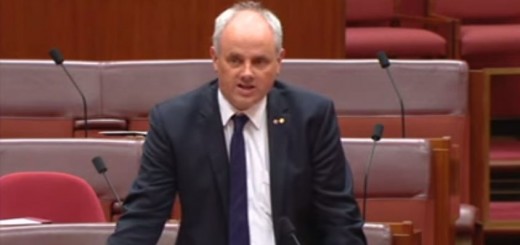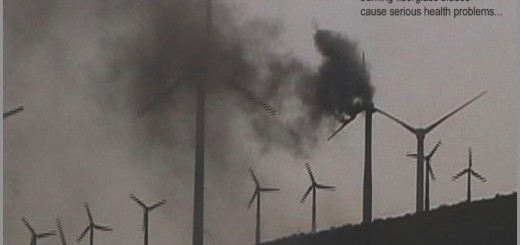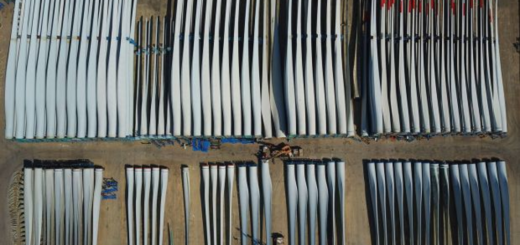The Wind Farm Scam
About the Author
John Etherington was a Reader in Ecology at the University of Wales, Cardiff. Since his retirement from the University in 1990, he has devoted himself to researching the implications of intermittently available renewable electricity generation, in particular wind power. He is a Thomas Huxley Medallist at the Royal College of Science and a former co-editor of the International Journal of Ecology.
The spectre of global warming and the political panic surrounding it has triggered a goldrush for renewable energy sources without an open discussion of the merits and drawbacks of each.
In The Wind Farm Scam Dr Etherington argues that in the case of wind power the latter far outweigh the former. Wind turbines cannot generate enough energy to reduce global CO2 levels to a meaningful degree; what’s more wind power is by nature intermittent and cannot generate a steady output, necessitating back-up coal and gas power plants that significantly negate the saving of greenhouse gas emissions.
In addition to the inefficacy of wind power there are ecological drawbacks, including damage to habitats, wildlife and the far-from-insignificant aesthetic drawback of the assault upon natural beauty and the pristine landscape, which wind turbines entail.
Dr Etherington argues that wind power has been, and is being, excessively financed at the cost of consumers who have not been consulted, nor informed that this effective subsidy is being paid from their bills to support an industry that cannot be cost efficient or, ultimately, favour the cause it purports to support.
“There is little that is cognitively more dissonant than supporting the concept of minimizing the human footprint on the earth while cheerleading for the rude intrusiveness of physically massive/energy feckless wind projects. The slap and tickle of wind propaganda flatters the gullible, exploits the well intentioned, and nurtures the craven. It is made possible because there’s no penalty for lying in the energy marketplace. The country has evidently arrived at a point in its legal culture where no negative consequences seem to exist for making false or misleading claims to sell wind energy–the stuff dreams are made of. But industrial wind is a bunco scheme of enormous consequence. And, as Etherington concludes, people who value intellectual honesty should not quietly be fleeced by such mendacity, even from their government.”
This book can be found at amazon.com










